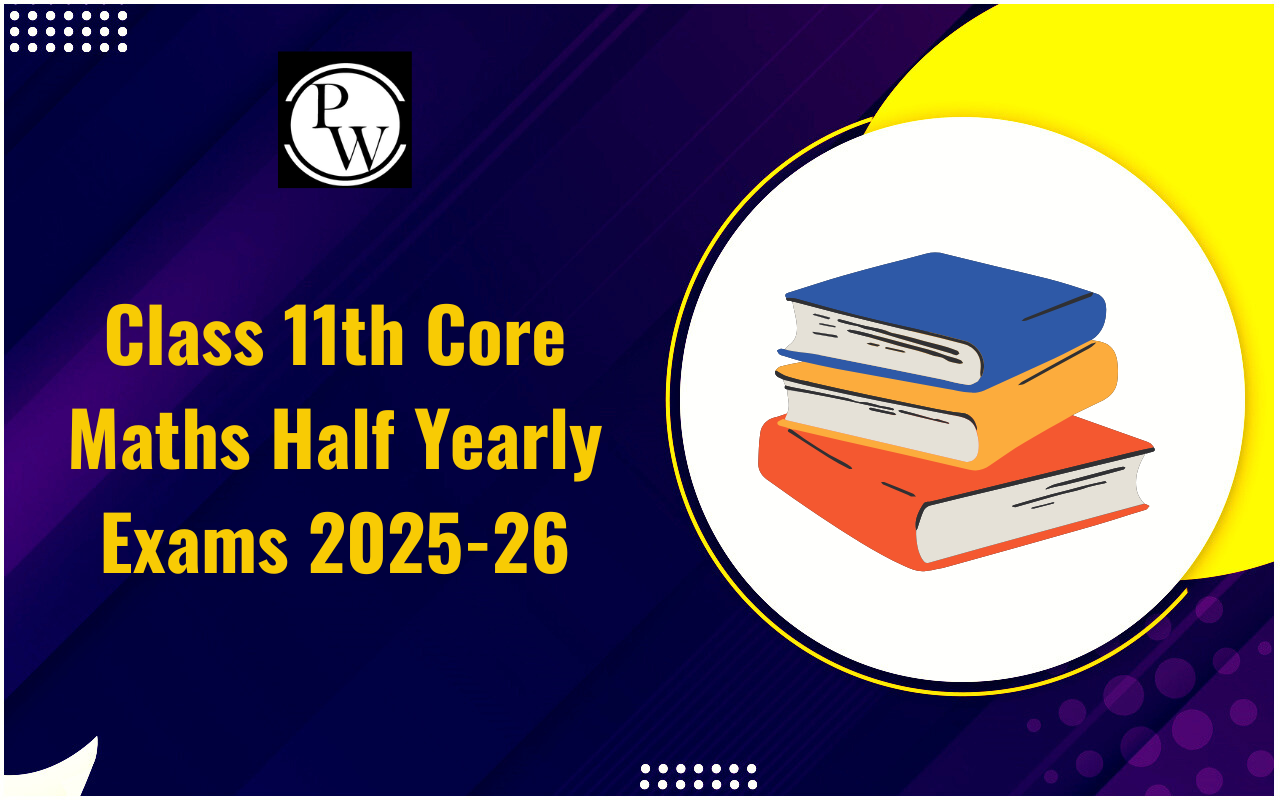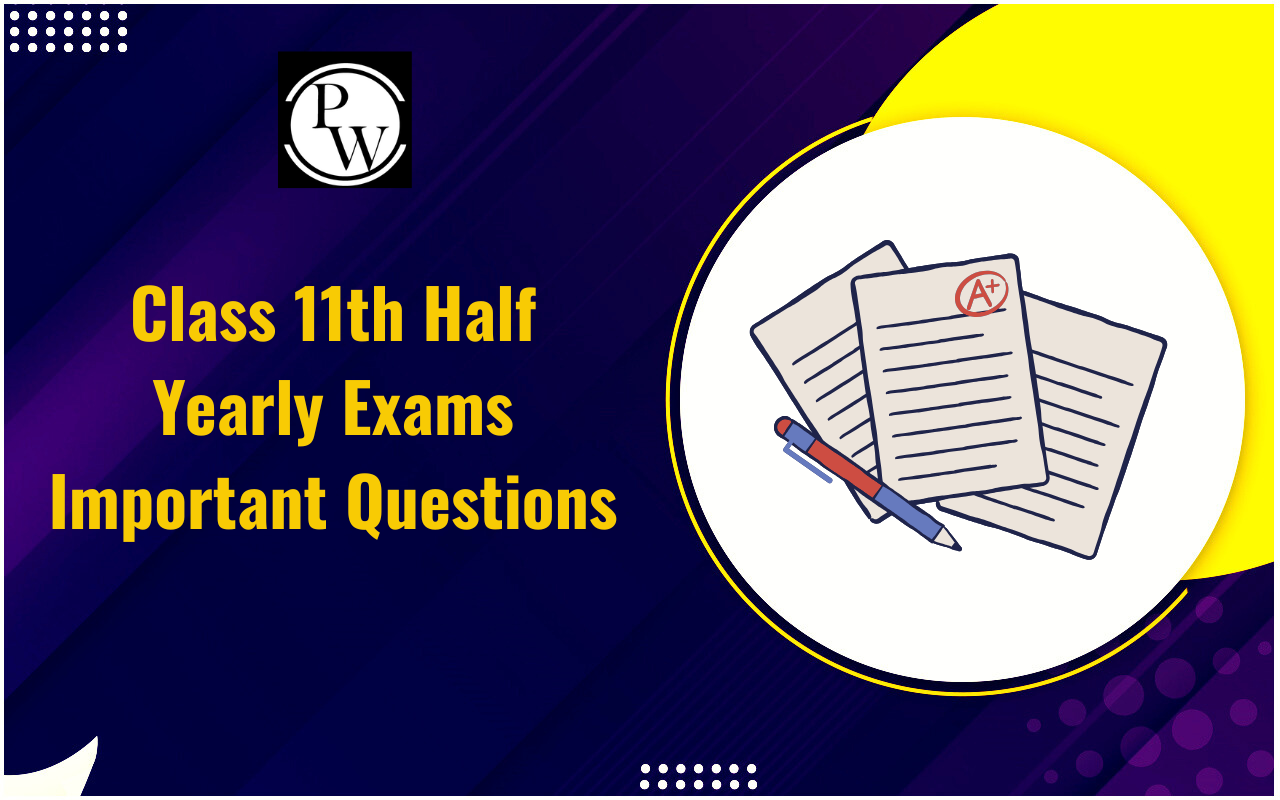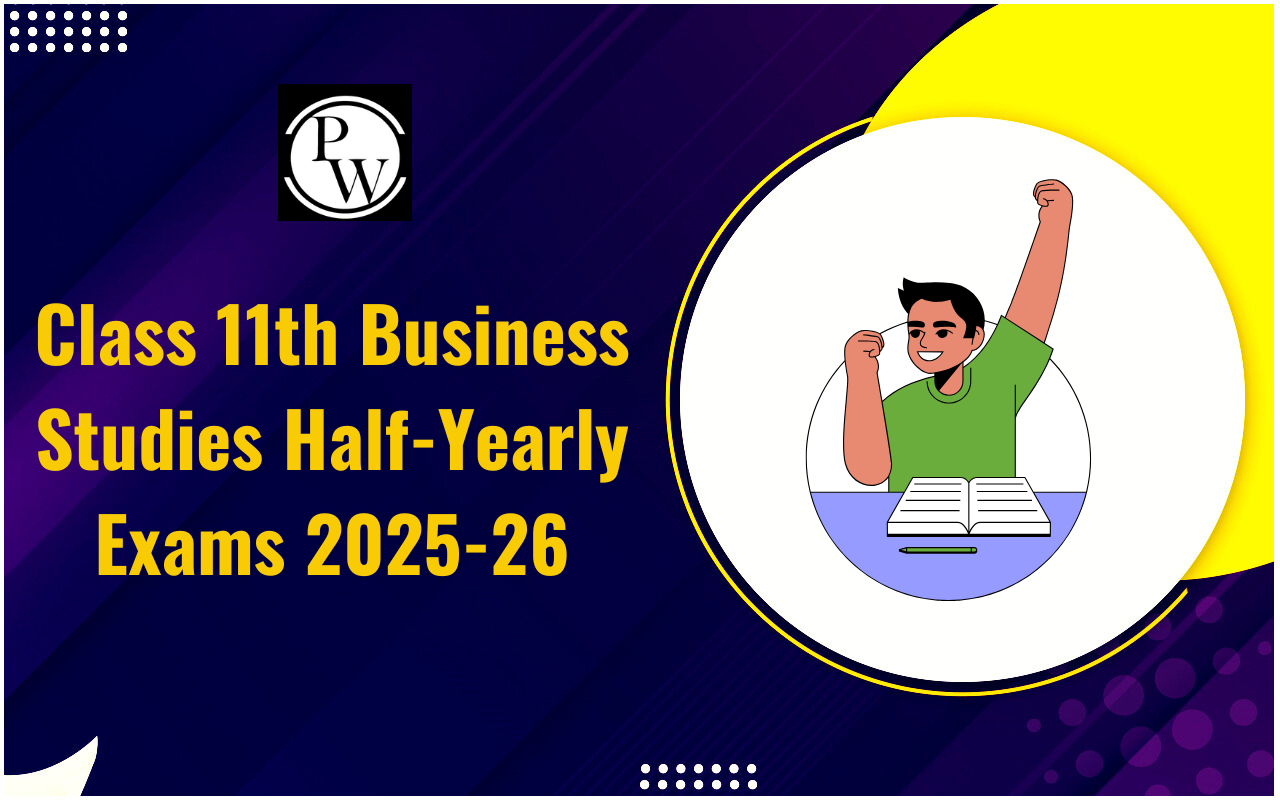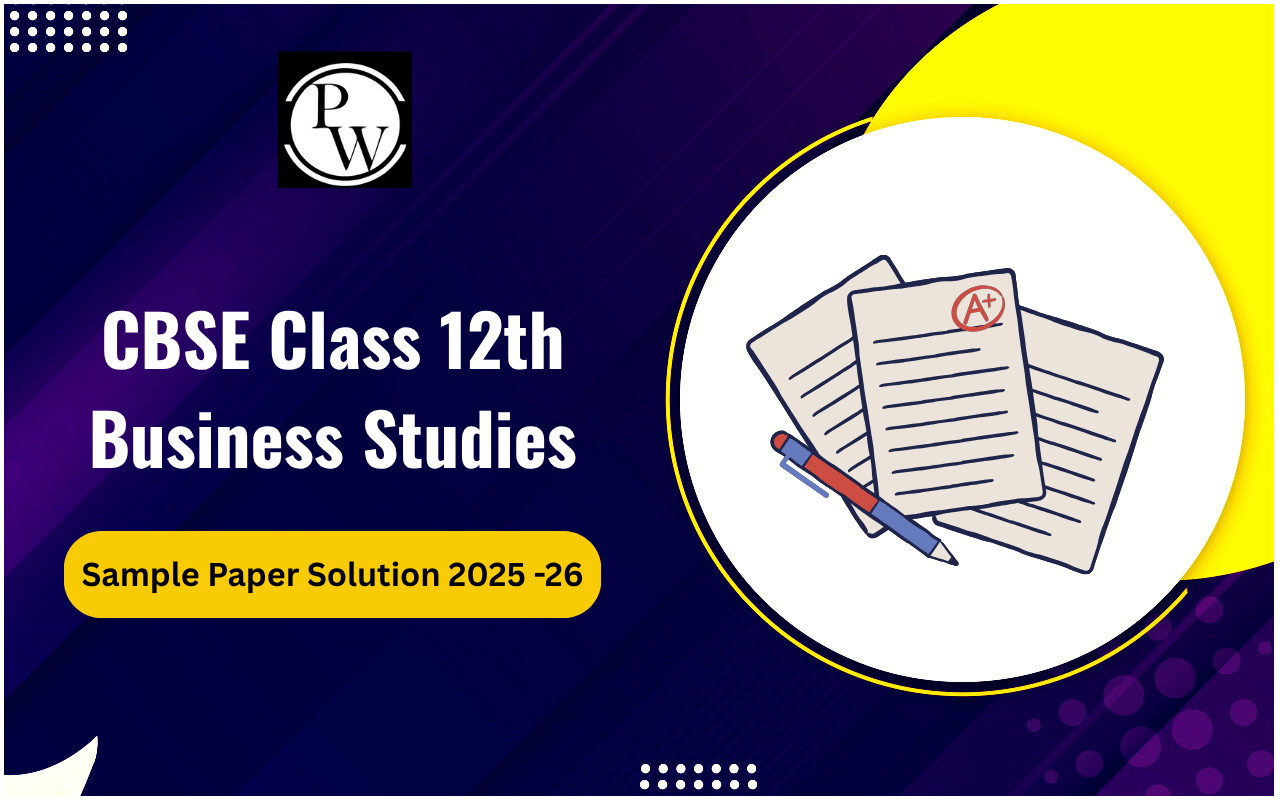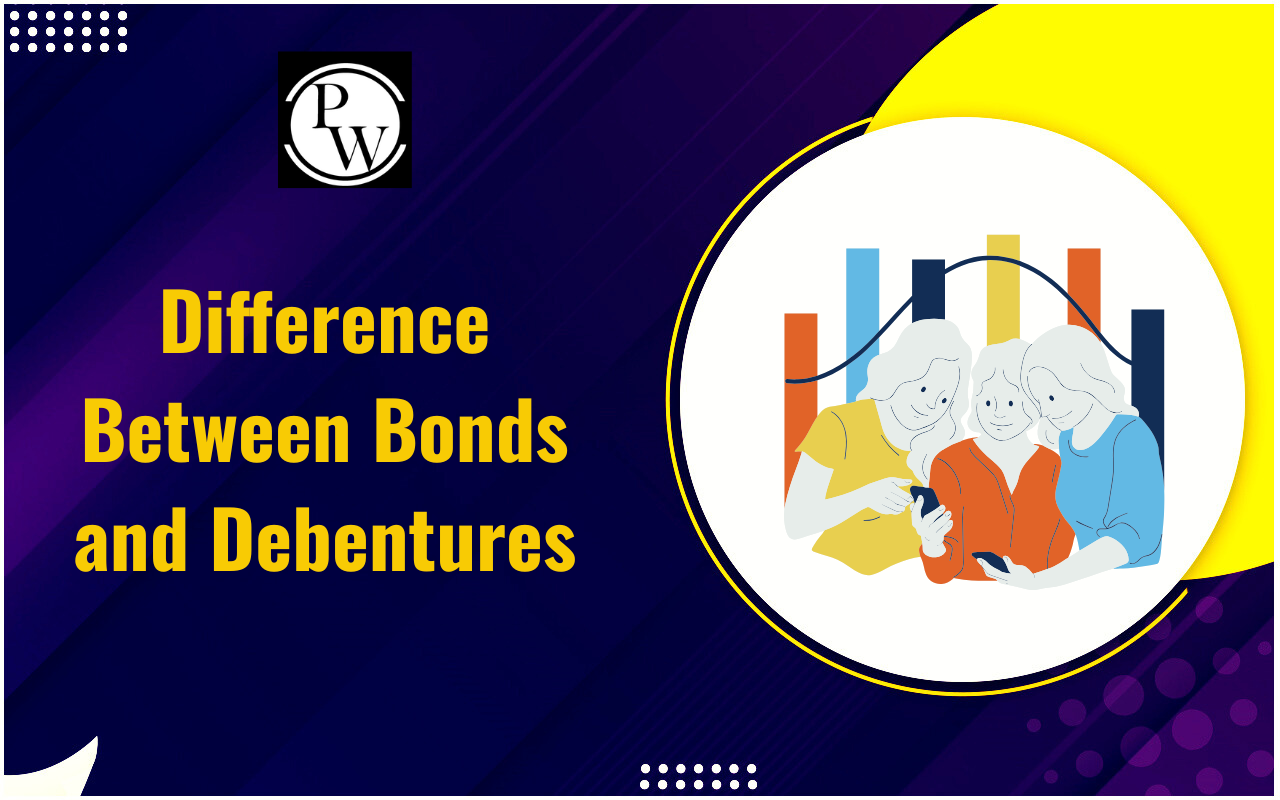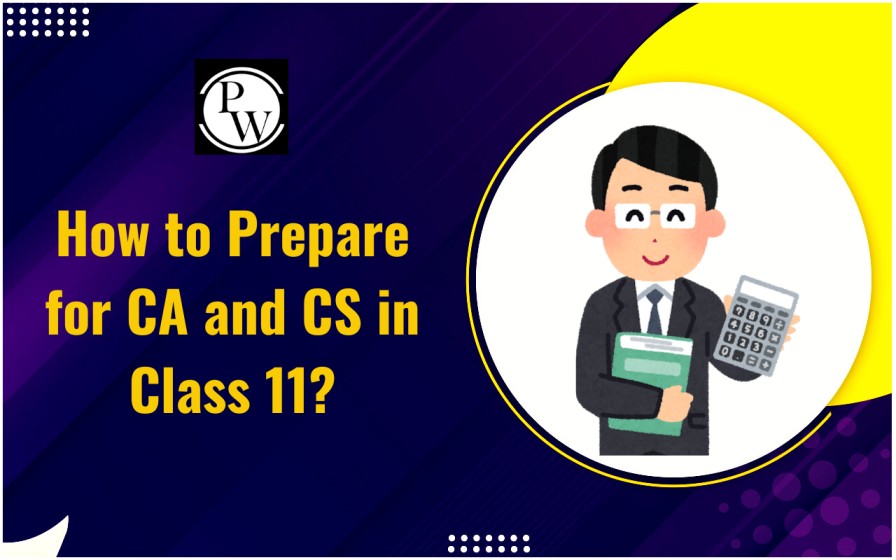
Understanding the Cost, Costing and Cost Accounting is crucial for effective decision-making and business success. Cost represents the total expenditure in producing goods or services while costing calculates and analyses these costs to gain insights into business operations. On the other hand, cost accounting encompasses a systematic approach to tracking, recording, and reporting costs to support strategic financial planning.
This comprehensive guide will explore how Cost, Costing and Cost Accounting interact and their significance in managing financial performance. Whether you're a business owner, financial analyst, or accounting professional, mastering these concepts is key to optimising budgets, setting accurate pricing, and achieving long-term financial stability.What is the Cost?
Cost is the monetary value of resources consumed or sacrificed to achieve a specific objective. These resources, such as raw materials, labour, and equipment, can be tangible or intangible, like research and development expenses. Costs are classified into various categories, including:- Direct Costs : Directly traceable to a product or service.
- Indirect Costs : Shared among multiple products or services (overhead).
- Fixed Costs: Remain constant regardless of production volume.
- Variable Costs : Fluctuate with production volume.
What is the Costing?
Costing is determining the cost of a product, service, or activity. It involves allocating expenses to different cost objects, such as products, departments, or projects. Common costing methods include:- Job Order Costing : Used for unique products or services.
- Process Costing : Suitable for mass production of identical units.
- Activity-Based Costing (ABC) : Allocates overhead costs based on activities performed.
| Also Read | |
| Double Entry System | Channels of Distribution |
What is Cost Accounting
Cost accounting is a broader concept encompassing the system of recording, classifying, summarising, and analysing costs. It provides information for various purposes, including:- Inventory Valuation : Determining the cost of goods sold and ending inventory.
- Cost Control : Identifying cost variances and taking corrective actions.
- Pricing Decisions : Setting competitive prices based on cost information.
- Performance Evaluation : Assessing the efficiency and effectiveness of operations.
Also Read: Cost Accounting, Types, Methods, and Advantages
Similarities of Cost, Costing and Cost Accounting
To effectively manage and analyse financial performance, it is crucial to understand how Cost, Costing and Cost Accounting interrelate. Cost refers to the total monetary expenditure involved in producing goods or services. Costing is the process used to calculate and analyse these costs, providing a detailed breakdown of how expenses are incurred. Cost accounting then leverages this information to track, record systematically, and report costs, supporting strategic decision-making and financial control. The following table illustrates how these concepts interplay with each other:| Similarities Cost, Costing and Cost Accounting | |||
| Aspect | Cost | Costing | Cost Accounting |
| Definition | The amount of money required to produce goods or services. | The process of determining and analysing costs associated with production or service delivery. | A branch of accounting focused on recording, analysing, and reporting costs. |
| Purpose | To identify the total expenditure involved in production. | Calculate and understand the cost components for budgeting, pricing, and control. | To provide detailed reports, support budgeting, control costs, and aid strategic planning. |
| Types | Fixed costs, variable costs, direct costs, and indirect costs. | Job costing, process costing, activity-based costing, etc. | Reports, analyses, cost control methods, and budgeting tools. |
| Role in Analysis | Represents the fundamental data needed for analysis. | Provides detailed breakdowns and analysis of costs. | Uses costing data to create reports, analyse cost behaviour, and support decision-making. |
| Key Functions | Measurement of expenditure. | Calculation and categorisation of costs. | Systematic tracking, reporting, and analysis of costs. |
| Relationship to Other Concepts | Base data for costing and cost accounting. | Generates data used by cost accounting for detailed analysis. | Utilises costing information to support financial decisions and control. |
Difference between Cost, Costing and Cost Accounting
In financial management, Cost, Costing and Cost Accounting each play distinct but interconnected roles. Cost is the fundamental measure of financial expenditure required to produce goods or services. Costing involves analysing and calculating these costs to understand their structure and implications. Cost accounting , on the other hand, encompasses the systematic approach to recording, analysing, and reporting cost information to support effective financial planning and decision-making. The following table summarises these differences in more detail:| Differences between Cost, Costing and Cost Accounting | |||
| Aspect | Cost | Costing | Cost Accounting |
| Definition | The monetary value of resources used to produce goods or services. | The process of determining and analysing the cost of producing goods or services. | A specialised branch of accounting focused on the systematic tracking, analysis, and reporting of costs. |
| Purpose | To measure the total expenditure involved in production or service delivery. | To provide a detailed breakdown and understanding of costs to assist in budgeting, pricing, and control. | Record, analyse, and report cost information to support managerial decision-making, budgeting, and financial planning. |
| Scope | Broad: includes all expenses (fixed, variable, direct, indirect). | Specific: involves calculating and categorising costs related to production or service processes. | Comprehensive: encompasses the entire system of tracking, analysing, and reporting costs across various activities. |
| Focus | The total amount spent on resources. | Methods and techniques to determine and analyse costs (e.g., job costing, process costing). | Detailed reporting and analysis of costs, including budgeting, forecasting, and cost control. |
| Application | Basic financial metrics are used in various contexts. | The analytical process is used for specific management decisions and cost assessments. | A systematic approach tracks and manages costs, produces detailed reports, and supports strategic decisions. |
| Example | Total cost of raw materials, labor, and overhead in manufacturing a product. | Calculate the cost per unit of a product using job or process costing methods. | Preparing a cost report that includes detailed cost breakdowns, variance analysis, and budgeting forecasts. |
Begin your journey towards academic excellence in Commerce with our comprehensive Commerce courses . Master the CBSE syllabus with expert guidance and ace your exams. Enroll now!”
Companies Act 2013 of Private Companies FAQs
What is Costing and Cost Accounting?
Costing involves methods for determining the cost of producing goods or services and analyzing various expenses to understand their impact.
What is the Concept of Costing?
Costing is a process used to assess the total cost of production by evaluating both variable and fixed costs throughout the production stages.
Where is Cost Accounting Used?
Cost Accounting is used by companies to pinpoint areas where costs can be controlled more effectively and to make informed pricing decisions. It helps in improving cost efficiency and ensuring profitability by providing detailed financial insights and analyses.
Talk to a counsellorHave doubts? Our support team will be happy to assist you!

Check out these Related Articles
Free Learning Resources
PW Books
Notes (Class 10-12)
PW Study Materials
Notes (Class 6-9)
Ncert Solutions
Govt Exams
Class 6th to 12th Online Courses
Govt Job Exams Courses
UPSC Coaching
Defence Exam Coaching
Gate Exam Coaching
Other Exams
Know about Physics Wallah
Physics Wallah is an Indian edtech platform that provides accessible & comprehensive learning experiences to students from Class 6th to postgraduate level. We also provide extensive NCERT solutions, sample paper, NEET, JEE Mains, BITSAT previous year papers & more such resources to students. Physics Wallah also caters to over 3.5 million registered students and over 78 lakh+ Youtube subscribers with 4.8 rating on its app.
We Stand Out because
We provide students with intensive courses with India’s qualified & experienced faculties & mentors. PW strives to make the learning experience comprehensive and accessible for students of all sections of society. We believe in empowering every single student who couldn't dream of a good career in engineering and medical field earlier.
Our Key Focus Areas
Physics Wallah's main focus is to make the learning experience as economical as possible for all students. With our affordable courses like Lakshya, Udaan and Arjuna and many others, we have been able to provide a platform for lakhs of aspirants. From providing Chemistry, Maths, Physics formula to giving e-books of eminent authors like RD Sharma, RS Aggarwal and Lakhmir Singh, PW focuses on every single student's need for preparation.
What Makes Us Different
Physics Wallah strives to develop a comprehensive pedagogical structure for students, where they get a state-of-the-art learning experience with study material and resources. Apart from catering students preparing for JEE Mains and NEET, PW also provides study material for each state board like Uttar Pradesh, Bihar, and others
Copyright © 2025 Physicswallah Limited All rights reserved.
Get App
